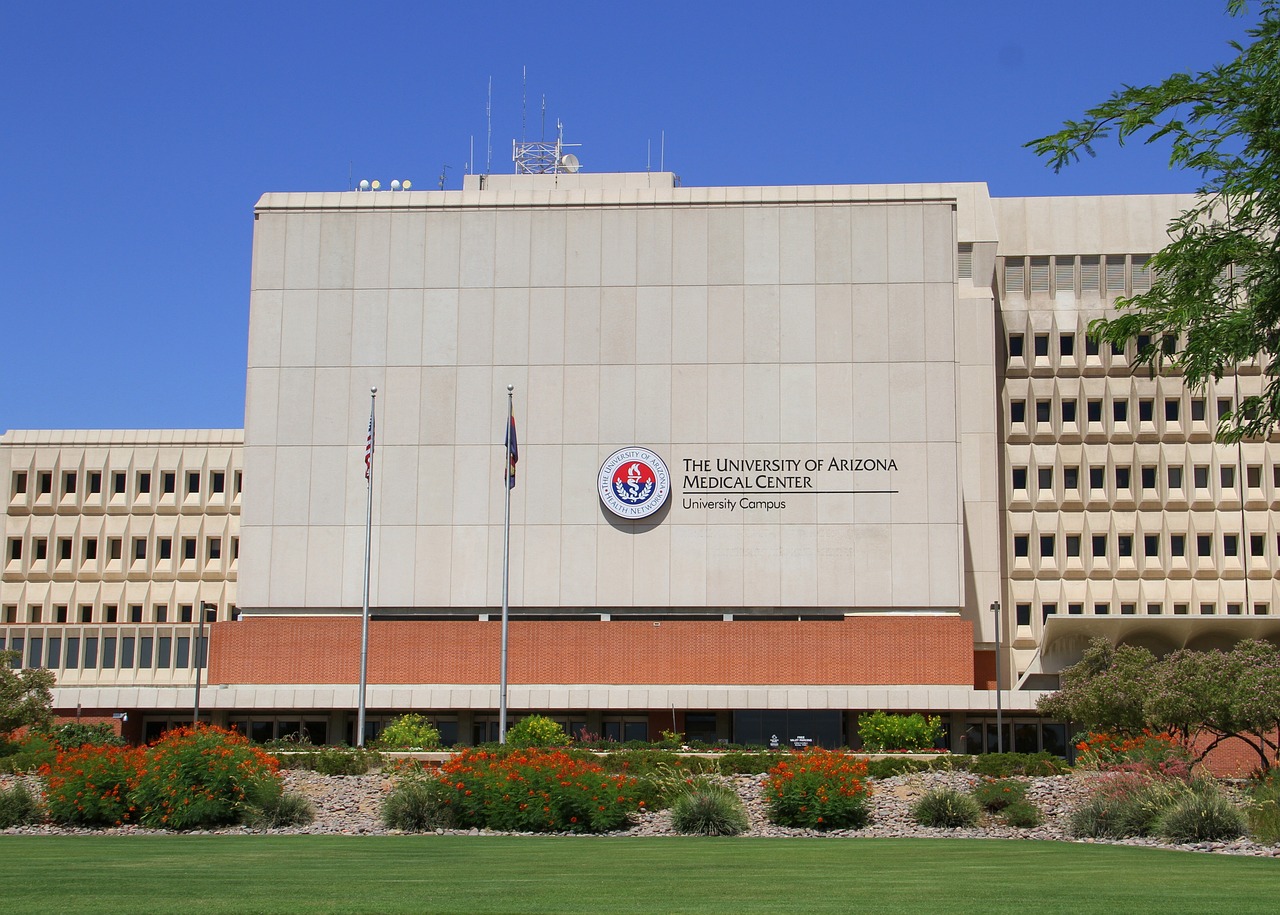
Usually, I’m not particularly eager to toot my own horn. But, with the new merger of our three residency programs, we have established a unique situation that very few programs throughout the country can boast. Residents can now experience what it is like to work as a trainee in private practice, a practice with radiologists directly hired by a hospital, and an academic hospital, all under the roof of one residency program. Why is this situation so helpful for residents who have graduated from a program like this? Well, if you are not sure now, later, it can minimize the chances that, as a new hire, you will pick the wrong career path. And that decision can be challenging. Let me explain why.
Not Sure? Pick Among All The Experiences!
Private Practice Experience
Welcome to our world. When you attend a residency with a private practice-based mentality, the program becomes very different than a standard residency program. Private practice’s priority is getting through a significant number of cases daily. Every study you read is extra cash in the group’s pocket (and yours too if you are a partner) So, we need to complete all the work as soon as possible. So, the main goal is to maximize efficiency. If you have a residency program associated with a private practice, you will see how this way of thinking affects your faculty. Around ninety percent of radiologists eventually go into some form of private practice. So, you must discover what you are in for when you get out of training! (Most residents have no idea!)
Hospital Based Experience
This experience is the most common for radiology residency programs. The typical structure is that the hospital hires individual radiologists. Perhaps, they have some form of incentives for efficiency, teaching, and participation in hospital committees. But, radiologists don’t get a specific piece of the professional or technical fee action. So, these hospital-based groups are more aligned with the needs of the hospital than the needs of the other partners. Therefore, in most of these sorts of practices, there is only a monetary incentive for getting the work done, no more than what the individual hospital contract asks. If there are no riders for reading other films, most likely, these employees will not read them without additional incentive. This structure causes a different mentality than the typical ownership mentality of private practice. Yet, it does have some alignment with the standard private practice in terms of primary efficiency goals.
Government/Academic Experience
Here is the typical large university center structure. In this structure, your salary is more based on academic achievement than efficiency for reading films. You get your raises and your bonuses based on academic grant production, teaching residents, and giving lectures at conferences throughout the country. Attendings in the situation will align with some private entities they are researching. And they will get some form of a stipend for studying their equipment, drugs, procedures, etc. Academic practices often do not incentivize efficiency as much as the other models. This mentality is not the real world for most radiologists, but those intellectual sorts will live like this. Some love the academic experience; others do not so much!
Not Sure? With A Wealth Of Different Residency Experiences, The World Is Your Oyster
Finding a residency program that encompasses all three experiences, private practice, hospital-based, and academic, allows the resident participant to get a feel for the world post-residency in most potential career paths. If I had such an opportunity, I probably would have stuck to one job post-residency because I would have known the practice scenario I would have wanted. So, if you have the rare opportunity to get a residency spot that allows you to experience all three ways of working, seriously consider it over others. It’s a great way to avoid the wandering situation where you work at multiple practices until you find the right one!















